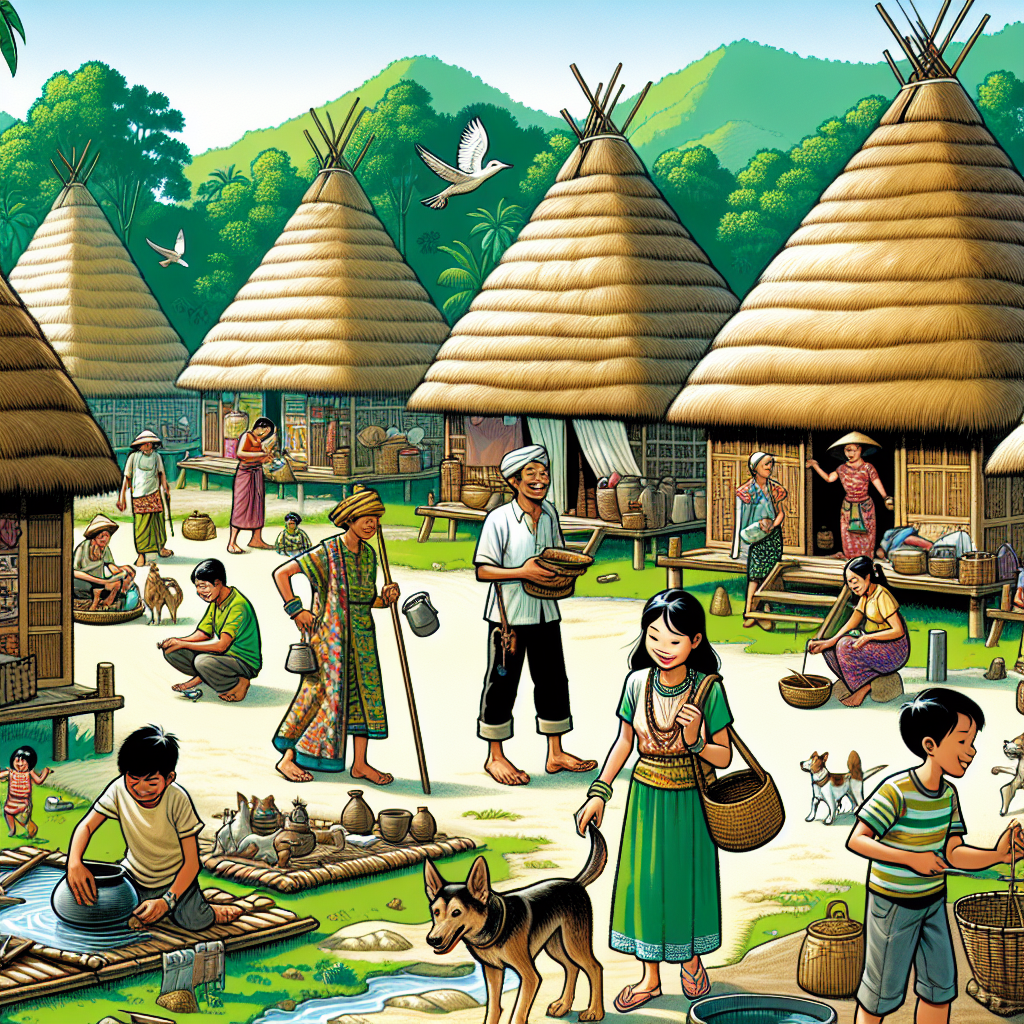Land Rights Controversy: Bru Settlement in Tripura Sparks Debate
Tripura's opposition leader Jitendra Chaudhury critiques the settlement process for over 8,000 Bru families relocated from Mizoram. Although the agreement provided housing, it lacked agricultural land rights, potentially impacting the indigenous community's sustainability. Historical ethnic tensions and advocacy for tribal education in Tripura's governance highlight the complex scenario.

- Country:
- India
Tripura's opposition leader, Jitendra Chaudhury, has raised concerns over the manner in which over 8,000 Bru families displaced from Mizoram have been resettled in the state. Despite a 2020 agreement granting them permanent settlement, the arrangement excludes agricultural land rights essential for sustainability.
Speaking at a program in Agartala observing the International Day of the World's Indigenous Peoples, Chaudhury acknowledged the settlement initiative but warned that allocating only residential plots could harm the community's long-term viability. Historical ethnic tensions underscore the delicate situation.
Chaudhury referenced past conflicts between ethnic tribes and advocated for land allocation from Tripura's reserved forests. He also highlighted the legacy of CPI(M)'s efforts in tribal education, mentioning the historical milestones achieved under leaders like Dasarath Dev and Hemant Debbarma.
(With inputs from agencies.)
ALSO READ
CPI(M) Leader Brinda Karat Raises Concerns Over Chhattisgarh Women's Commission Handling of Tribal Women Complaint
GST Cuts: A Windfall for Agriculture and Dairy Sectors
GST Rate Rationalisation: A Boost to India's GDP and Agriculture Sector
Major Tax Relief for Agriculture and Dairy Sectors
Agriculture Minister Orders Unified Farmers’ Grievance Portal, Swadeshi Push










